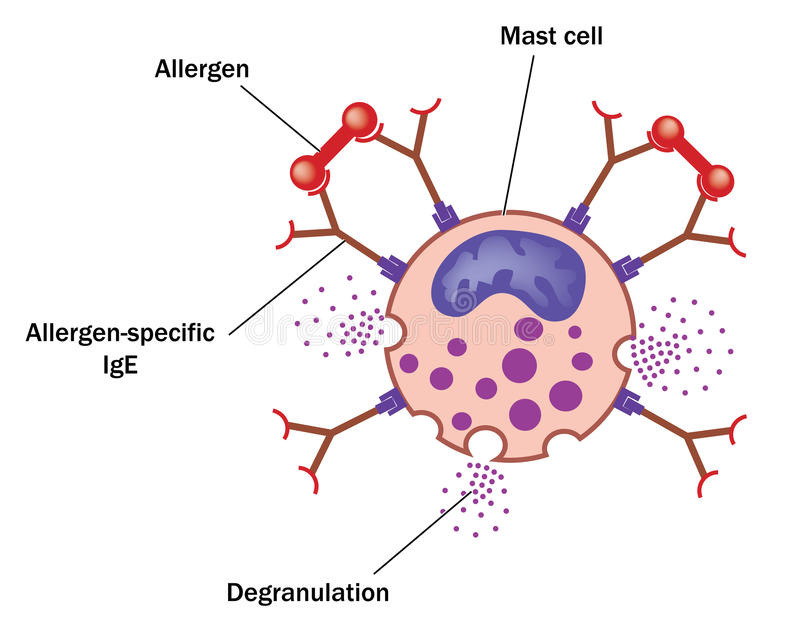Zebrafish show similar response to butyrate as humans
Nov
29
Butyrate is an important "short chain fatty acid" molecule that is produced when good bacteria ferment dietary fiber in the gut. According to the Medical Express report, "zebrafish neutriphils use the same receptor as humans to 'sense' butyrate and activate anti-inflammatory benefits."
https://medicalxpress.com/news/2020-10-anti-inflammatory-benefits-gut-bacteria-fish.amp








